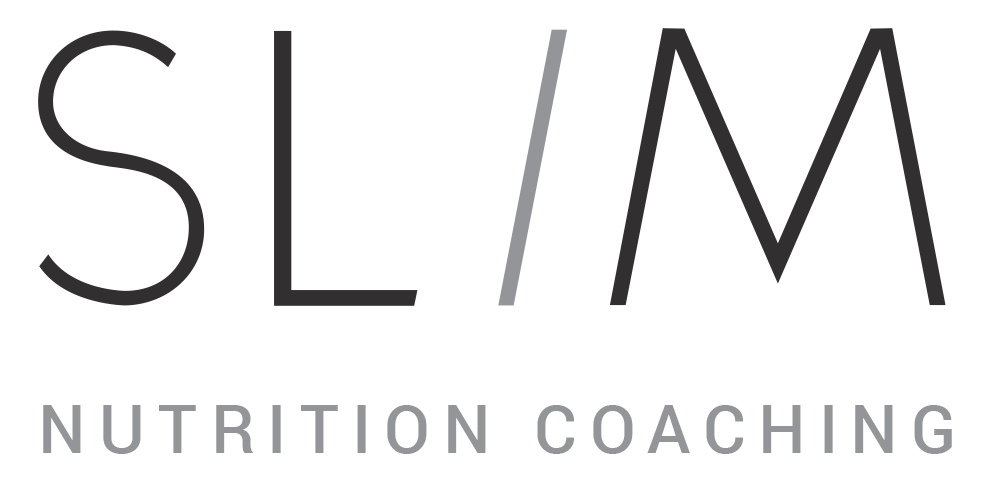Should I Take Collagen Supplements?
Have you casually scrolled through Instagram and landed on an influencer enthusiastically advertising the advantages of collagen and how it has boosted the appearance of their natural skin and hair? You may be thinking about taking collagen as a supplement but you're unsure on brands and types as the market has so much to offer.
Well first thing to always remember with collagen is quality. Seek out brands that receive their bones and tissues from cage-free, free range and antibiotic-free sources and are actively finding ways to keep contaminants and heavy metals out of their product.
It is important to note that our body does make collagen naturally, so there is no necessity to supplement, as it can be costly or you may find limited interest in the supplementation process.
What even is collagen?
Collagen is the most abundant protein found in our body and consists of 16 different types. Type I, II, and III account for the most common type found in our body. Collagen is abundant in amino acids like proline and glycine which is linked to the maintenance and repair of tendons, bones and joints. Likewise, skin elasticity, hydration, and dermal collagen density are all improved by taking oral collagen supplements. You'll find bovine or marine collagen in the majority of collagen items. Bovine collagen is derived from cow hide and other pieces whereas marine collagen comes from the scales, bones, skin, and fins of fish.
Proline Structure, image taken from Wikipedia
What does hydrolyzed collagen mean?
Hydrolyzed collagen is known as a collagen peptide or collagen hydrolysate which results in easy absorption into the bloodstream when it is taken in the form of a supplement.
Benefits of collagen?
According to studies, participants who took a collagen supplement experienced an improvement in skin moisture, skin elasticity, eye wrinkles and roughness. One of the reasons being that skin growth provided by the hydrolyzed bovine collagen complex was very similar to the human complex. Additionally, collagen supplementation did not result in any alternate side effects and proved to be safe upon application and in the long term. Lastly, collagen is known for slowing down skin aging, improving bone and joint health, and protecting against wound healing.
How do I incorporate collagen?
Collagen can be added to the diet in a few different ways. Firstly, collagen can be taken in through food like bone broth. Whether you buy a quality store brand or make it yourself at home, broth made from animal bones contains multiple nutrients on top of collagen and serves as a natural food product with minimal processing.
Secondly, collagen can be introduced into the diet in the form of a powder. This form is easy because you can add a small serving to your morning coffee or smoothies and still receive your daily collagen boost. However, it is important to look for high quality products that contain no chemicals and come from antibiotic-free sources while maintaining a controlled serving size as excessive amounts can lead to bowel discomfort.
Lastly, collagen can be easily incorporated into your diet from collagen rich foods. Examples of this include beets, fish, kale, sweet potatoes and garlic.
How long does it take for supplements to work?
When it comes to hair or skin results, the time will vary with different people. However according to studies, minor results were seen in participants by week 4 and best results were seen around the 6-12 week period.
My Personal Experience….
I tried incorporating collagen into my diet this year. I was hoping to give extra support to my joints as my knees aren’t great and I love snowboarding and hiking which are intense on the knees. I thought I might end up sharing this story with you so I tracked my compliance and some of my symptoms. I was pretty consistent with adding collagen to either my coffee or my morning smoothie. Getting in an extra 5 grams of protein at breakfast also helped me to feel full all the way until lunch. But, it wasn’t all positive. I found myself feeling digestive symptoms. There is a claim on the marine collagen that I was using that says it can cause digestive discomfort. Well, I didn’t change anything else in my diet or lifestyle and I was having bowel discomfort, mostly constipation. In the nutrition field, we talk about poop and it’s ok. I was not ok with the symptoms I was feeling so I decided to stop supplementing as the downsides were outweighing the potential benefits. Although the information may look pretty clear for supplementing, I decided to listen to my body and stop.
If you decide to supplement, I hope that you have a good experience but know that your body creates it’s own collagen and therefore supplementing is not essential. A lot of the research is still new or on a small scale so I recommend taking the health claims with a grain of salt for now.
Talk soon,
Megan



